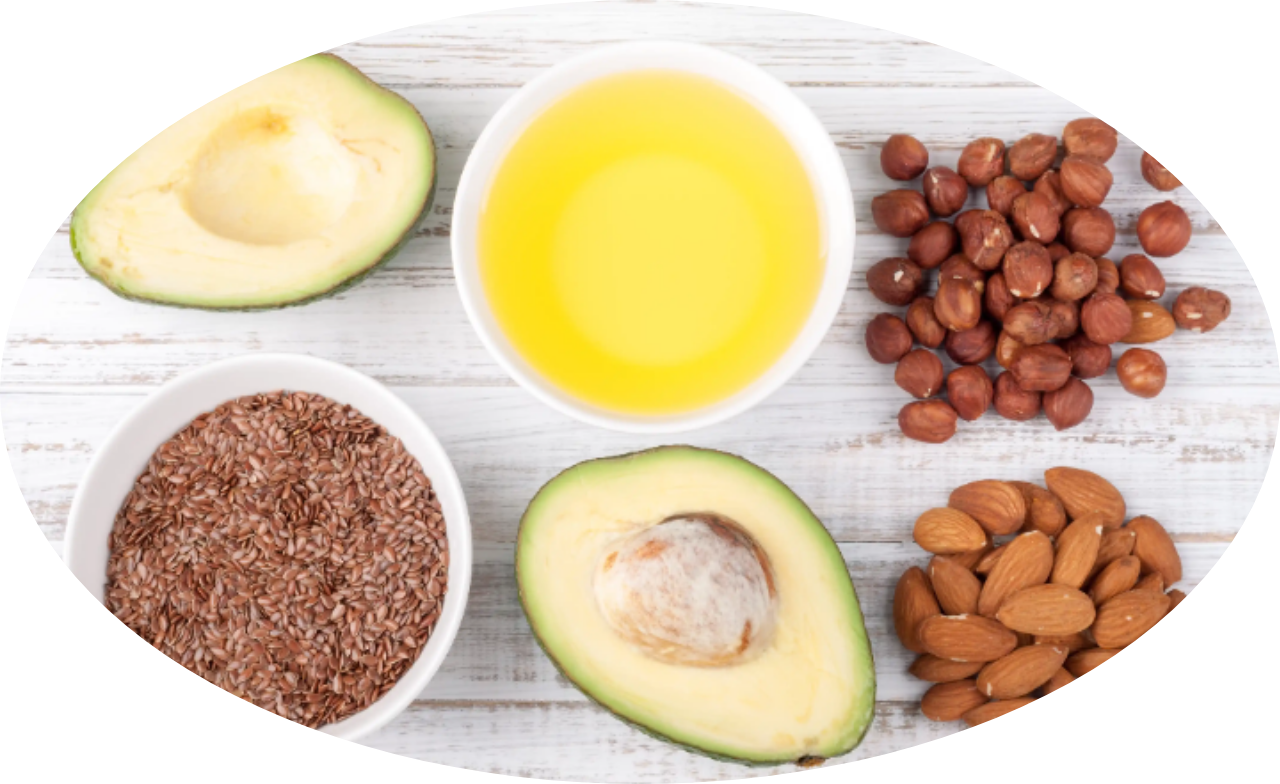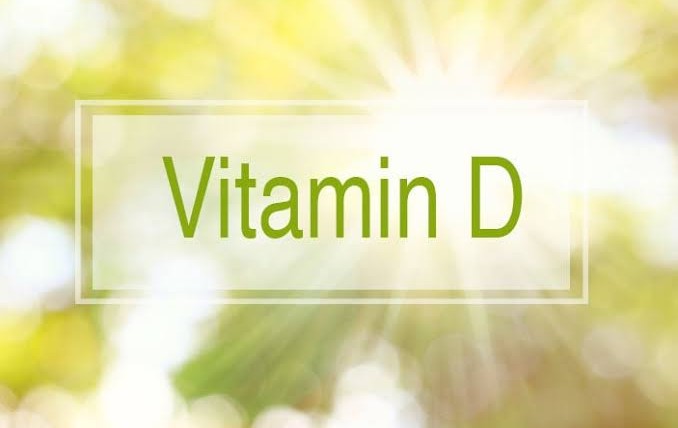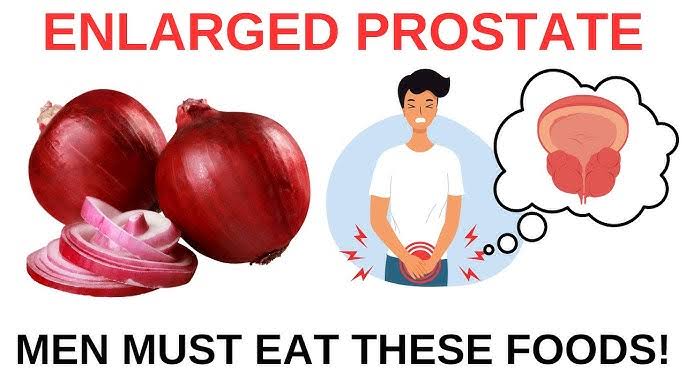The world of nutrition always has a darling of the moment, and Omega 3 seems to have its favorite place in the list of essential nutrients. And no wonder: this type of fat is essential for health, especially heart health.
This “superpower” was discovered in the 1970s, when scientists looked at Greenland Eskimos and noted that this population had a lower cardiac risk.
The reason was in the diet, rich in fish, whales and seals, which are very rich sources of omega 3.
[lwptoc]
Omega 3: What Is It?

Before understanding the benefits of omega 3, it is important to understand what omega 3 is and how it works in the body.
There are three types of fatty acids (fats): saturated, monounsaturated and polyunsaturated.
The omega-3 is the last as is the omega-6, made up of three chains: alpha-linolenic acid (ALA), eicosapentaenoic acid (EPA) and docosahexaenoic acid (DHA).
ALA is the only one of vegetable origin, found in chia, flaxseed and walnuts, being an option for vegetarians and vegans, because EPA and DHA are exclusive from animal sources – mainly fish (remember the Greenland Eskimos?).
Omega 3 is important for health because it is a type of essential fatty acid, that is: it is not naturally produced by the body, and has some important functions:
Creation of a lipid (fat) layer around cells. This layer helps to improve cell functions in general.
Formation of the myelin sheath, present in neurons. It acts on the retinal layer and therefore in maintaining vision health.
Boston Tufts University, United States, also proved that a diet rich in the nutrient, especially with the consumption of fish portions weekly, can reduce the chance of macular degeneration.
The Benefits Of Omega 3

In addition to the roles mentioned above, omega 3 has other reasons to be considered a “good fat”. Here are eight benefits of omega 3:
1. Helping in the control of epilepsy crises, as it contains the loss of neurons and stimulates the formation of new ones.
2. Because of this function, it can also be a good ally of memory, comprehension, speech and other cognitive processes.
3. According to studies, omega-3 is important for the health of babies still in the mother’s womb, because it is responsible for acting in the formation of the central nervous system.
4. Due to its anti-inflammatory power, it is capable of preventing and helping to treat diseases such as rheumatoid arthritis and fibromyalgia, although the latter has no conclusive studies regarding the effectiveness of this type of omega.
5. Another benefits of omega 3 is that, its anti-inflammatory properties help fight against obesity, which is precisely the result of widespread inflammatory processes.
6. It controls the levels of triglycerides and cholesterol, favoring the increase of the HDL type (the so-called “good cholesterol”) and the reduction of the “bad” one, which is LDL, which in large amounts accumulates in the arteries and causes cardiovascular disease.
7. It can help alleviate symptoms of depression by acting on the central nervous system and by stimulating the production of well-being hormones, such as serotonin and dopamine, which are commonly low in depressed people.
8. The layer of fat on cells that is made up of omega-3s facilitates the circulation of hormones in the bloodstream.
Now, we have seen the eight benefits of omega 3. In this section, we will be talking about how to consume omega 3.
Omega 3: How Much To Consume
The best way to obtain omega 3 is through food, prioritizing the consumption of fish such as sardines, which are one of the most abundant sources of the nutrient (a 100 g serving can provide up to 2.5 g). Herring, another very fatty fish species, is a champion in providing omega-3s – 100g can offer just over 3g.
Although omega 3 is beneficial, it is necessary to pay attention to the amount of daily consumption.
The American Heart Society claims that up to 4 g per day can be ingested; however, there is a general consensus among professionals that consumption can go up to 3 g.
Therefore, when in doubt, always consult a nutritionist for the ideal recommendation for your case.
Omega 3: What About Supplementation?
Supplementation is always valid when the diet fails to provide the ideal amount of a nutrient. And omega 3 capsules fall under this rule.
However, the supplement must never replace the natural source, which is through food.
Therefore, the supplementation needs to be evaluated regarding its real need. The nutritionist will prescribe it if he concludes that your diet does not supply the intake of omega 3.
Omega 3: Consumption In Vegetarian And Vegan Diets
The omega 3 for vegetarians and vegans must be evaluated in relation to the amount ingested and the proportion with the omega-6.
As already said, the body cannot synthesize some types of fats, which are the omega 3 and omega-6 type fats.
The proportion ingested between the two is important for the balance of various functions in the body.
As much as it is possible to obtain omega 3 from vegetable sources, such as chia, flaxseed, walnuts, and mackerel, these foods have only one link in the triad (ALA), which is the least used by the body.
There is a way to get DHA naturally without resorting to fish, which is by consuming seaweed, the only one that has this version of omega 3.
The other two, DHA and EPA, are only obtained from animal sources. To see more post on diet & nutrition click here.
Source: Gabriela Cilla, nutritionist and gastrologist. Specialist in clinical, functional and sports nutrition.







